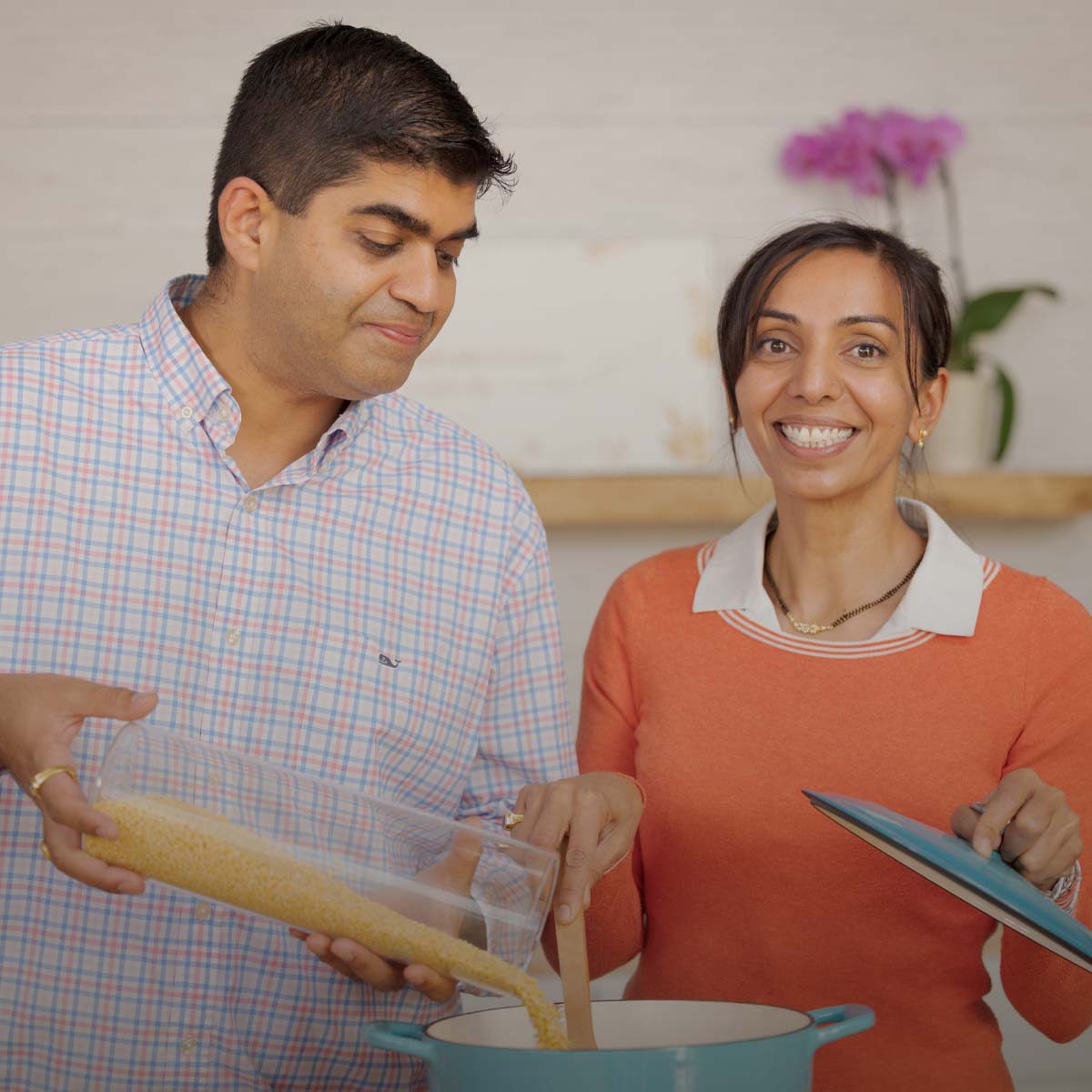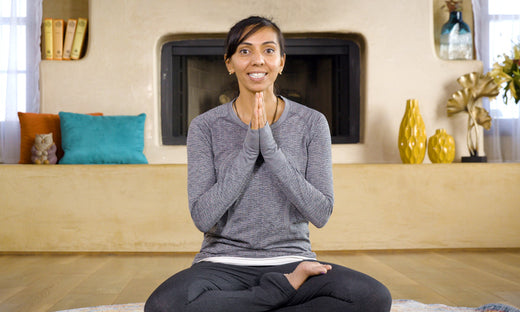By Devang Shah
Asteya, the ninth principle of yoga philosophy, is often translated as non-stealing. However, it's deeper than that. Asteya is about forgiveness, both of others and, most importantly, of ourselves.
Life often presents us with situations where we feel hurt or wronged. It's natural to feel anger or resentment. But the spiritual path encourages us to rise above these emotions and practice forgiveness. This act of forgiveness isn't just for the sake of the other person; it's a gift to ourselves. Holding onto negative feelings is like the "boomerang effect" that can lead to suffering, both emotionally and physically.
Forgiving ourselves is an equally important aspect of Asteya. We all make mistakes, and it's crucial to release the guilt and shame associated with them. By forgiving ourselves, we create space for growth and healing.
In Ayurveda, forgiveness is seen as a powerful healing tool. It can help to balance the doshas, particularly Pitta, which is associated with anger and frustration. By practicing forgiveness, we can cultivate a calmer and more balanced mind.
Asteya also extends to our material possessions. We need basic necessities like food, clothing, and shelter, but accumulating more than we need can lead to imbalance. The principle encourages us to let go of excessive possessions and live a more balanced life.
By practicing Asteya, we can cultivate a more peaceful and harmonious existence, both within ourselves and with others








